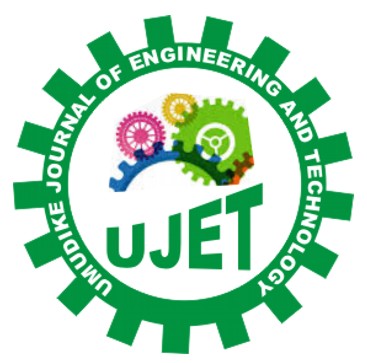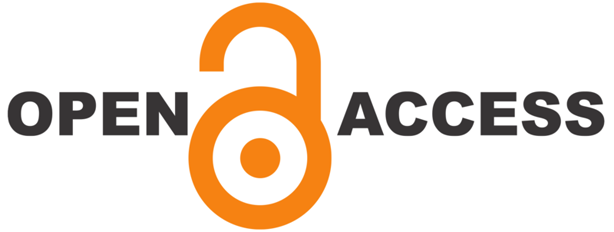|
Ifeagwu, E. N.
Department of Electrical/Electronic Engineering, Michael Okpara University of Agriculture (MOUA),Umudike, Abia State.Nigeria
Enebe, C. C.
Department of Electrical/Electronic Engineering, Michael Okpara University of Agriculture (MOUA),Umudike, Abia State.Nigeria
Chukwu, N. N.
Department of Research and Development,National Engineering Design Development Institute, Nnewi Anambra State
ABSTRACT
This paper focuses on the
mitigation of channel fading in Code Division Multiple Access (CDMA) 20001x
network using antenna diversity technique. During the experimentation, the
received signal strength measurement over some distances of 100metres
were carried out from a CDMA20001x network. The measurement devices
include a TEMS software, Global Positioning System
(GPS), modem, HP Laptop. The field
measurement was done for some period of
time and the average of the measured data were recorded. The average of data obtained
from the field measurement was used in the determination of the pathloss
exponent of the investigative network. Also, an empirically propagation model
was developed from the measured field data. The implementation of the antenna
diversity on the network was done during simulation and the received signal
strength was measured again. Result obtained from the field data showed a
pathloss exponent of 4.25 while a pathloss exponent of 2.81 was obtained with antenna diversity on
the network.
Keywords: Antenna diversity, CDMA20001x, pathloss exponent, multipath propagation, Maximum ratio combining technique
|
View: 411 | Download: 6
Published
Sunday, December 31, 2017
Issue
Vol. 3 No. 2, DEC 2017
Article Section
GENERAL
The contents of the articles are the sole opinion of the author(s) and not of UJET.
|


